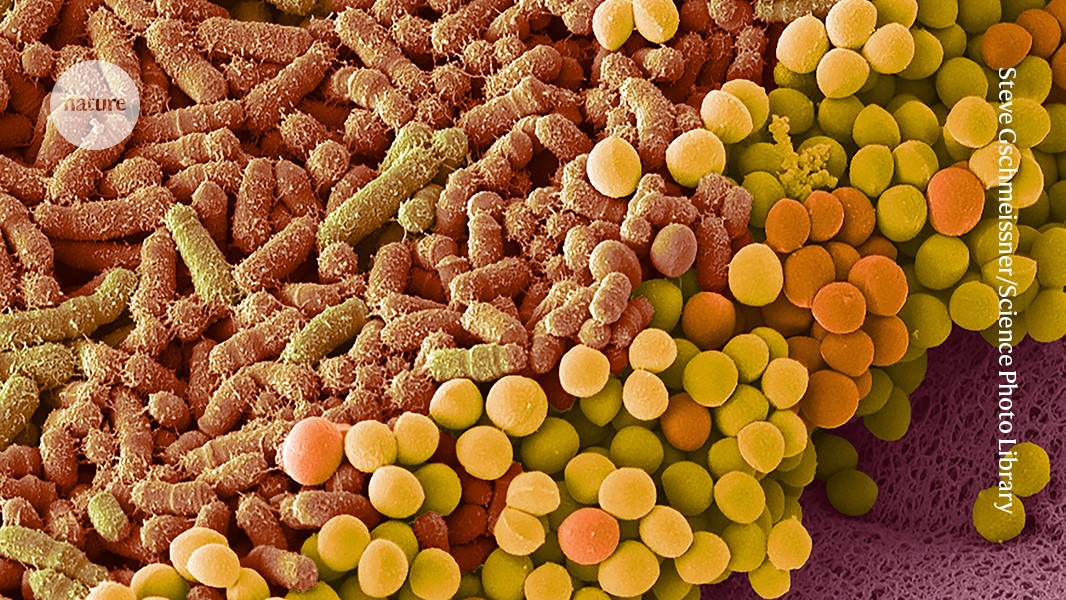
"Hominenteromicrobium mulieris, a gut bacterium, enhances the efficacy of immune checkpoint inhibitors in mice. This discovery may lead to improved cancer treatments for people."
"This study sheds light on the crucial relationship between gut microbiota and immune responses, presenting a potential pathway for enhancing cancer immunotherapy."
"By stimulating dendritic cells, the bacterium Hominenteromicrobium mulieris amplifies the effects of cancer drugs that harness the body’s immune defense against tumors."
"Researchers aim to conduct clinical trials to explore the potential of leveraging certain gut microbes to improve patient responses to cancer therapies."
The bacterium Hominenteromicrobium mulieris enhances the effects of cancer drugs known as immune checkpoint inhibitors in mice. Researchers are preparing for a clinical trial to test its effectiveness in humans. This microbe supports dendritic cell stimulation, amplifying the immune system's response to tumors. Discovered recently in the human gut, Hominenteromicrobium mulieris was found in fecal samples from cancer patients who responded well to treatments. This indicates the potential for improving cancer immunotherapies by harnessing gut microbiota to optimize patient outcomes.
Read at Nature
Unable to calculate read time
Collection
[
|
...
]